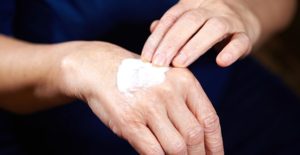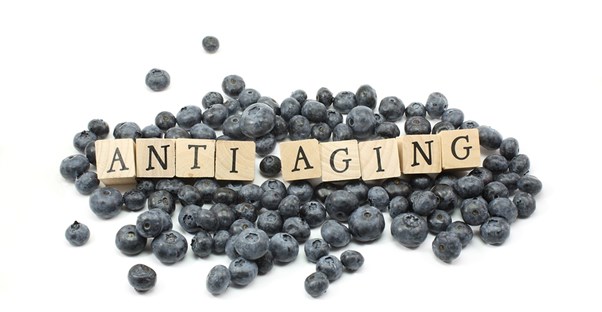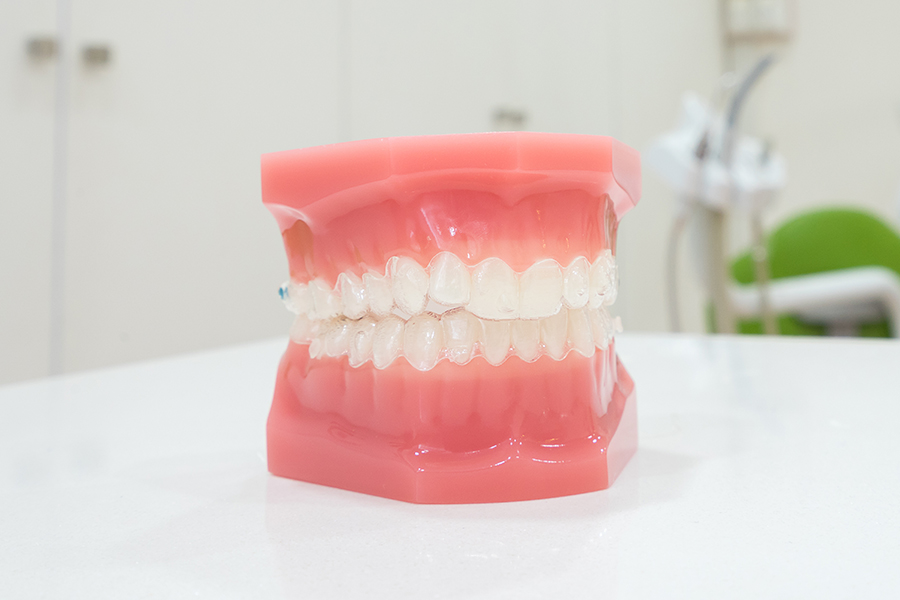Treating Dry Skin

Dry skin is a common skin condition that can be caused by a number of things, ranging from skin problems to environmental conditions. Determining how to treat your dry skin will largely depend on what is causing the problem in the first place. Here are some of the most common treatment options.
Moisturizers
For most cases of dry skin, applying skin moisturizer several times throughout your day will usually help to make your skin softer, smoother, and less likely to crack. There are different forms of moisturizers, ranging from creams and ointments to lotions and oils. Depending on your type of dry skin, your dermatologist will recommend a moisturizer that works best for your skin type.
In general, it is good to look for products containing petrolatum or lanolin, which help to seal in moisture. For extremely dry skin, moisturizers containing urea or lactic acid help your skin retain water. Both over-the-counter and prescription moisturizers will contain these ingredients. If you have cracked skin from a condition such as eczema, moisturizers that contain these ingredients may cause burning or stinging.
Medications for Dry Skin
In addition to using a moisturizer, your dermatologist may prescribe a topical medication that you can apply directly to your skin to help with other symptoms such as itchiness, redness, and swelling. Topical medications such as this are usually prescription-only and contain ingredients such as corticosteroids or immune modulators, such as tacrolimus or pimecrolimus.
If your skin cracks open, you may also need prescription wet dressings from your doctor to help prevent infection. If you do develop an infection, you will need antibiotics as well.
Lifestyle Changes
Aside from the recommendations from your dermatologist, there are some things you can do to limit environmental factors that might be contributing to the dryness as much as possible. These include:
- Use warm instead of hot water when bathing:
Taking long, hot baths or showers will remove all of the oil from your skin and contribute to dryness. Try to use warm water instead and limit your baths or showers to five or ten minutes. - Use a humidifier:
Indoor air that is hot and dry can parch your skin and make flaking and itching worse, especially during the winter months. To avoid this, look into purchasing a portable home humidifier or a humidifier that attaches to your furnace in order to add moisture to the air in your home. Make sure to clean your humidifier often so it doesn’t start to accumulate fungi and bacteria. - Avoid harsh soaps:
Try to use cleansing creams and gentle skin cleaners instead of harsh soaps that dry out your skin. Additionally, purchase shower gels that have added moisturizers and mild soaps that have added fats and oils. As much as possible, avoid antibacterial detergents, deodorant, alcohol, and fragrances. - Choose fabrics that don’t irritate your skin:
Fabrics such as wool can suffocate and irritate your skin. Choosing natural fibers such as silk and cotton will allow your skin to breathe. Try not to wash your clothes with detergents containing perfumes or dyes. This can also add to skin irritation.








